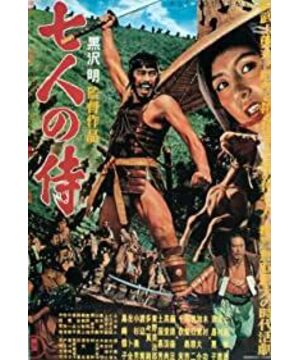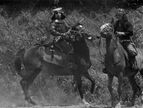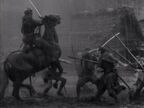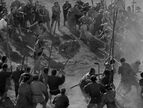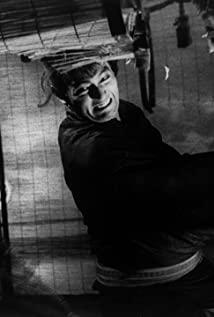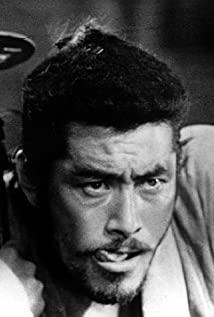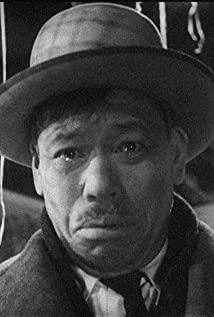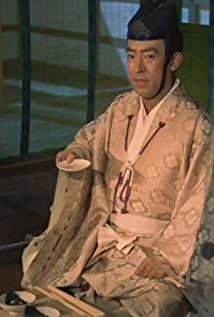The samurai is educated to be "benevolence, righteousness, loyalty, faith, and courage", an idealistic spirit of courage to contribute.
Farmers live only to guard their fields, and they have been oppressed for a long time, causing them to have a huge distrust of the samurai.
This kind of distrust is looming in the film from time to time, and the representative figure is made up with tens of thousands. When the elder wanted to invite the samurai, Wanzao said that he was afraid that the samurai would come to snatch his daughter. This also caused a silent scene when the seven came; Wanzao killed the samurai and seized the weapon; Wanzao strongly agreed with How does the daughter combine with the samurai". The peasants still hide food from everyone, and they have nothing. In fact, they have everything. They are afraid. In their eyes, what is the difference between a samurai and a bandit?
Someone wants to bridge this gap.
The key figures here are two people who are somewhat different from the samurai who are serious.
Kiku Chiyo, who turned out to be the robber in "Rashomon", performed as always, yelling, stomping, scratching his ears and cheeks are his signature moves. Here, he is actually a "fake samurai", a fake genealogy, a farmer's origin (the monologue explains it, and the picture of mowing behind also shows that the samurai is not engaged in production), various absurd behaviors , Making him different from a samurai, but also unlike a peasant, such an intermediate character is precisely the glue.
He saw Kanbingwei's bravery when he played, and he always wanted to join the team. After the genealogy was debunked, he kept shouting "Samurai to die". It can be seen that he has a passion for the warrior, but he also has a grudge against the warrior.
The Seven Samurai came to the village, but found that there was no one. The farmers were afraid of them and did not dare to come out. At this time he sounded the alarm, led the farmers out, and ridiculed them, scolding them for being weak, cunning, and stingy.
The close-up monologue is impressive, and it fully shows that he is not a lunatic, but he sees the gap between the peasant and the samurai very clearly. This can also explain why he pretended to be a warrior. He believed that the peasants' cowardice, ignorance, stubbornness, and cunning were all oppressed by the warrior.
In the scene of holding the child, it was shown that he himself was also a victim of the war, so he hopes to unite everyone to fight against the bandits.
The other is Katsushiro, a young samurai. He didn’t plan to be taken. He didn’t fight. He talked about love with Manzo’s daughter. The last few scenes told us that he didn’t get anything, love. It cannot be redeemed.
The other five people all sympathized with the peasants and fought to help the peasants, but died and wounded more than half of them, and left silently amidst the joy of gongs and drums.
To die for morality and justice, but to make wedding dresses for others, the idealism of Bushido pales in the face of the huge gap in social classes.
View more about Seven Samurai reviews


